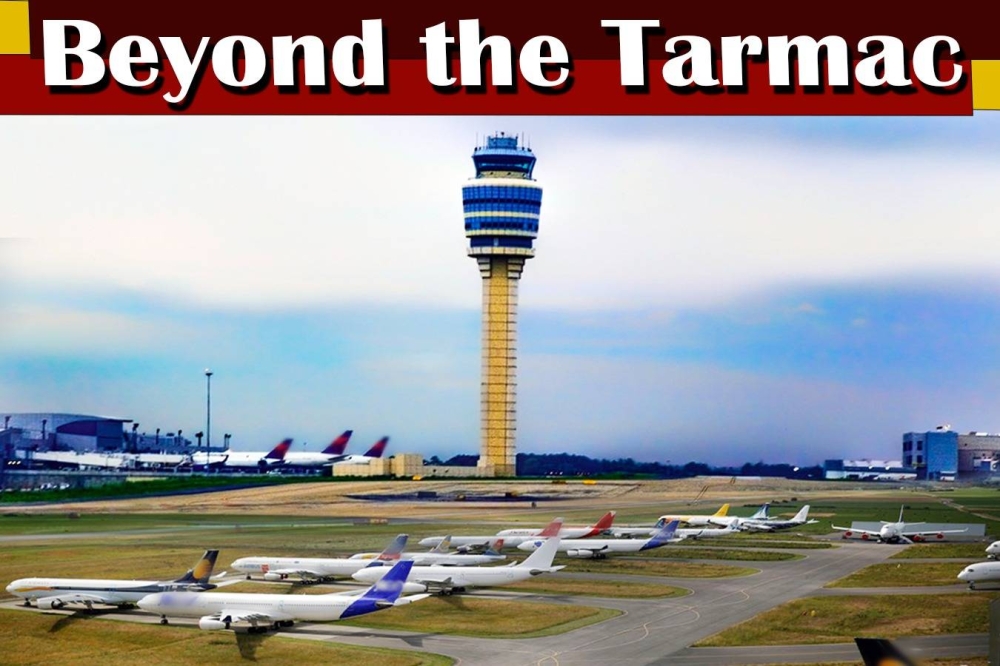
wallets, and contactless transactions, booking flights and making purchases is not only convenient but also swift, regardless of location or device preference.
For airlines, embracing these cutting-edge payment technologies is not just a choice but a necessity in remaining competitive and thriving in the industry. These methods drive revenue growth, enhance the overall customer experience, and streamline operational efficiency.
Airlines heavily depend on ticket sales and ancillary services for revenue, and modern payment methods empower them to attract a diverse range of customers by offering flexible payment options tailored to individual preferences and requirements.
Given the global reach of airlines, catering to passengers from various regions with different banking systems and currencies is imperative. Modern payment solutions facilitate seamless international transactions, enabling airlines to broaden their customer base and strengthen their market presence.
The IATA Financial Settlement System (IFSS) stands as a cornerstone in the global aviation ecosystem, facilitating the secure and efficient movement of funds throughout the air travel value chain. Continuously evolving, IFSS has adapted lessons learned from unprecedented challenges such as the pandemic, enhancing its resilience and effectiveness.
As customer behaviour evolves and new business models emerge, IFSS remains agile, accommodating the needs of a dynamic industry landscape while upholding its commitment to security and efficiency."
“We want to know where we need to move to in the next three-to-five years,” noted Mohamed Albakri, IATA’s senior vice-president (Financial Settlement and Distribution Services).
“Where is the value in the IFSS and how should the scope be improved? It must continue to be aligned with airline needs.
One obvious answer is accepting new forms of digital payment. The Billing and Settlement Plan (BSP), one of the IFSS services, is based on a “collect on behalf” model from the travel agencies and also processes debit and credit cards.
But airlines—responding to customer requirements—must be ready to accept many different forms of payment.
The pandemic was an accelerator in the use of different payment instruments, a trend that Albakri believes is here to stay.
In fact, there are estimated to be close to 200 forms of payments around the world, many of which are unique to a region or even a country.
As many airlines are global entities, they need to assess which forms are the most relevant for their markets and their customer base. Studies have shown that sales can be lost if a customer’s preferred method of payment is not available.
But being all things to all customers is easier said than done. Airlines have a multitude of costly back-office processes to integrate for every payment method, including reconciliation and reporting.
“As indicated by participants in the IATA Financial Settlement System, potential opportunities could bring the value the IFSS offers to these other forms of payment as it does for BSP sales,” says Albakri.
“In BSP sales, there are strong standards. But the same cannot be said about new digital processes. How is the payment managed, which data element is captured at what point, and exactly how does it get handed over?
“At IATA, efforts are underway through the work of related standard management groups assessing the development of standards to facilitate the adoption of payment instruments that are relevant to airlines and their customers,” he adds. “We are also making solutions available to facilitate payment orchestration and instant bank transfers.”
Albakri highlights a number of trends in the payment sphere. One of the most significant is digital currencies. This refers to the digitalisation of public money or cash from the central bank as opposed to cryptocurrency digital assets.
Europe is getting closer to implementing the digital euro, China has already piloted the digital yuan (e-CNY), and the United Arab Emirates will have the digital dirham by end 2025.
In fact, more than 130 countries around the world, representing 98% of global GDP, are reported to be studying the possibilities.
Digital currencies, IATA says will give central banks better control and full visibility on every transaction and will allow them to incorporate additional services to merchants such as digital invoicing and statements. And it should also help merchants to negotiate better terms with incumbent payment service providers.
Beyond digital currencies, Albakri notes that the digital payment sector has yet to mature. Failures, mergers and acquisitions will therefore be the order of the day over the next few years.
Perhaps most importantly, payment is at the heart of modern airline retailing. Payment encapsulates the end-to-end journey and is a central pillar of the offer and order management process.
If airlines aim to be truly customer-centric, then they must have seamless, secure, and frictionless payment at the core of their product.
“A superior customer experience starts by making sure that customers can buy and pay without friction, using the payment method of their choice,” says Albakri. “Offering the service that customers want and making available their preferred payment method creates a win-win proposition for airlines and their customers.”
Albakri added: “The payment landscape is larger and even more complicated than distribution. Airlines have taken back control of distribution, and they now need to take back control of payment.”


